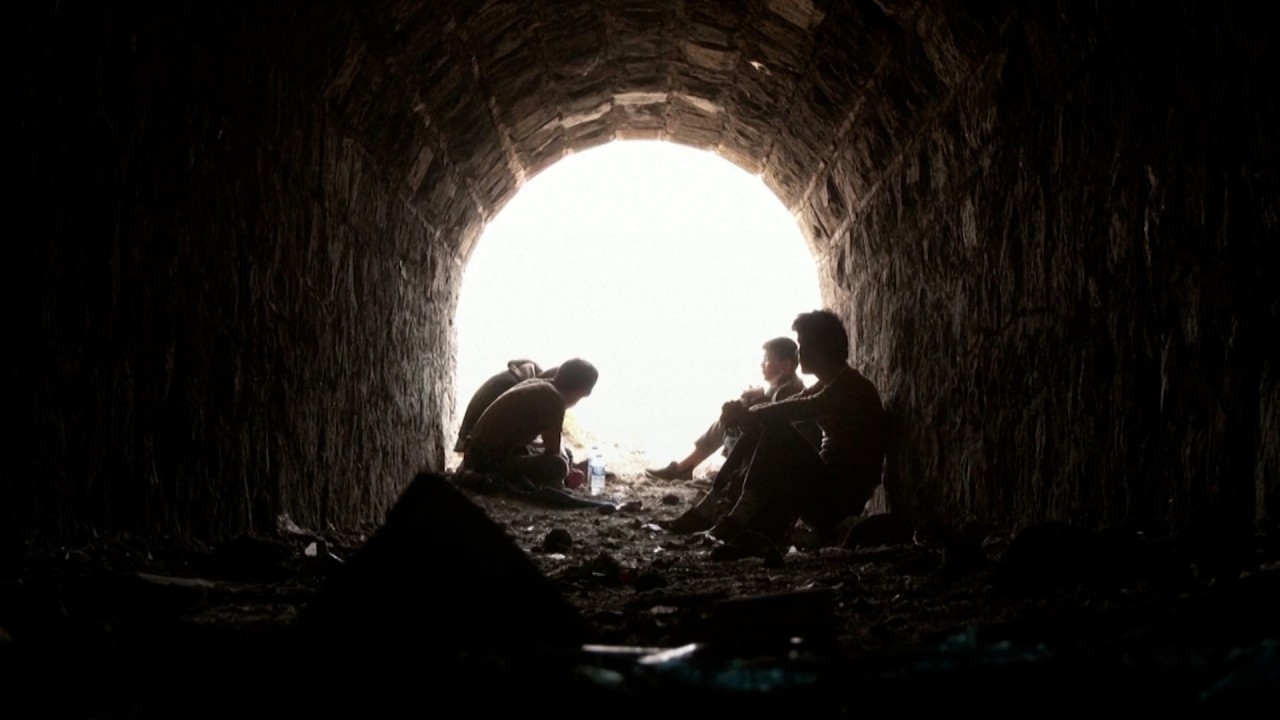
China may not oppose Taliban’s proposed UN envoy, but concerns remain
- Beijing unlikely to block Taliban spokesman Suhail Shaheen as Afghanistan’s new UN representative, observers say
- However, it is expected to continue to view the new regime cautiously, as it appeals for the Taliban to be inclusive and flush out terrorists
The letter said the Taliban had chosen its spokesman Suhail Shaheen to be its UN representative, and that the current Afghan ambassador to the international body, nominated by the former government, could no longer represent the country, according to UN spokesman Stephane Dujarric.
China was not likely to oppose the Taliban’s nomination of Shaheen, but would view the matter cautiously, diplomatic observers said.

02:31
Afghan refugees fleeing the Taliban raise concerns in Turkey
Gu Dingguo, a research fellow at East China Normal University who specialises in China’s neighbours, said Beijing had been maintaining diplomatic engagement with the Taliban regime and would not object to its proposed UN appointment.
“Although China has not publicly announced its recognition of the new government, it maintains diplomatic ties with the regime, so China is not likely to oppose the appointment,” he said.
But Beijing may still have concerns about giving formal recognition to the Taliban government, according to Gu.
“Its promises haven’t been delivered, including establishing an inclusive government and completely cutting off ties with terrorist groups, especially the East Turkestan Islamic Movement [ETIM],” he said.

04:18
Taliban says it will no longer allow the evacuation of Afghans as shots fired at Kabul airport
Zhang Jiadong, an international relations professor at Fudan University in Shanghai, said China may be willing to accept the UN nomination but would not necessarily promote it actively.
“China has always been inclined to recognise a regime with de facto control of a country, given that the Chinese Communist Party itself was not recognised by the international community for a long time,” he said.
“However, China may not actively promote it, because as one of the UN Security Council’s five permanent members, China’s statement and position should also take into consideration the international community.”

